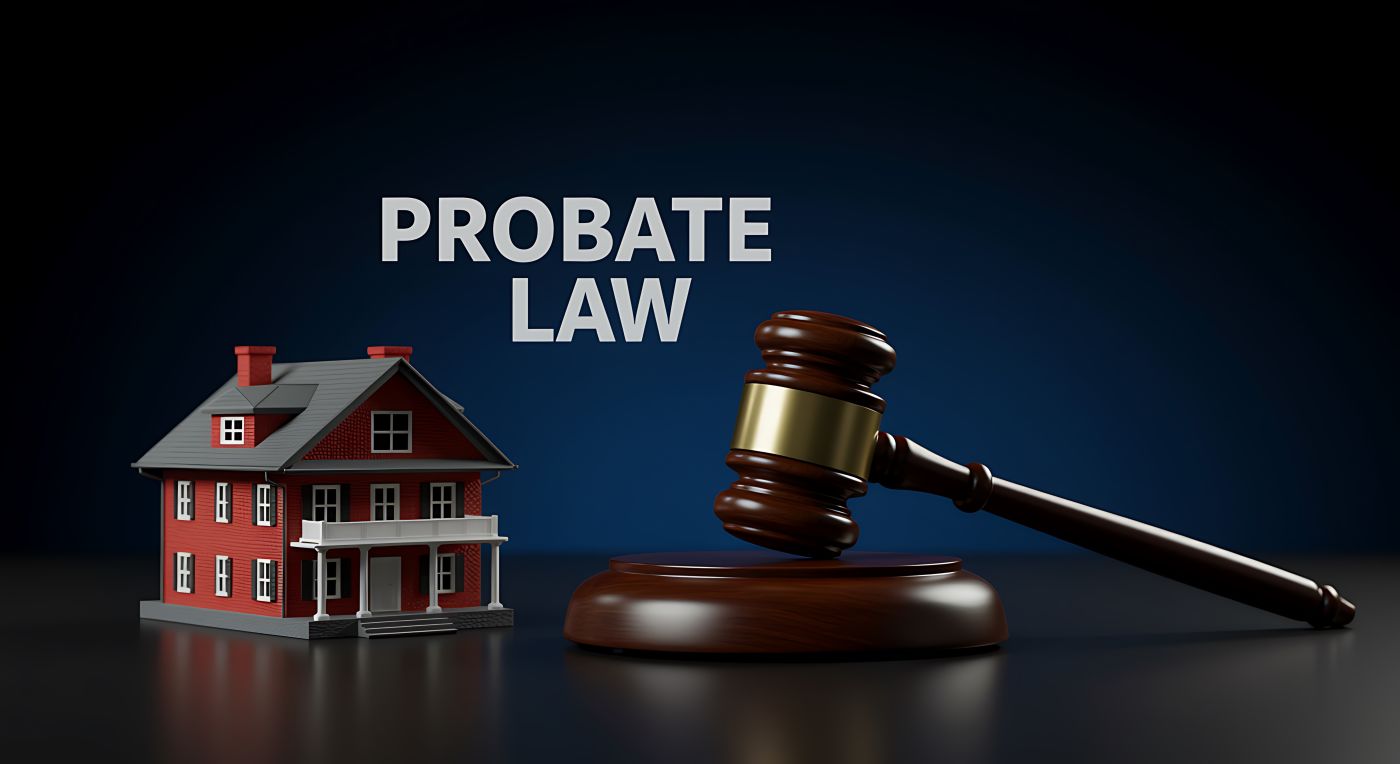When someone you love passes away, the legal process that follows can feel overwhelming. Emotions are high, and the list of responsibilities placed on the person handling the estate can be long. One of those responsibilities is to marshal the assets of the estate, a step that often raises questions, especially if you're named as the personal representative in Miami or anywhere else in South Florida.
So, what does it mean to marshal assets under Florida probate law? This blog will walk through what’s involved, why it matters, and how Miami, Florida probate lawyers can assist with this part of the probate process.
What Is Marshaling Assets?
To marshal assets means to identify, collect, and safeguard all property and financial accounts that belong to the deceased person’s estate. In formal administration under Florida law, this is one of the first tasks a personal representative (also known as the executor in other states) must complete after being appointed by the probate court.
Marshaling is not just about knowing what the person owned. It involves gathering proof, accessing accounts, dealing with physical property, and preparing for eventual distribution or liquidation.
Under the Florida Probate Code, marshaling assets is governed by several statutes, including Fla. Stat. § 733.607, which requires the personal representative to take possession or control of estate property unless it is in the possession of someone else for a valid reason.
The Role of the Personal Representative in Florida Probate
As the personal representative, you are the one who must marshal the assets. This role carries fiduciary duties, which means you are legally obligated to act in the best interest of the estate and its beneficiaries. Your responsibilities include:
Locating all assets of the decedent, whether in Miami-Dade County or elsewhere in Florida
Accessing safe deposit boxes, bank accounts, investment accounts, and retirement plans
Taking physical possession of personal property and securing real estate
Coordinating with professionals for appraisals, especially when assets are complex or contested
Maintaining insurance coverage where necessary to prevent loss
Preparing a full inventory to submit to the probate court
This can be a complex process, particularly in cases involving multiple properties, international business assets, or legal issues involving trust litigation or estate litigation.
Which Assets Must Be Marshaled?
Not everything the person owned will go through probate. Assets that are held jointly with rights of survivorship, assets with named beneficiaries (like life insurance policies or certain retirement accounts), and assets held in a revocable trust generally pass outside of probate.
The assets you must marshal include:
Solely owned real estate in Florida or other jurisdictions
Personal property like vehicles, jewelry, and household goods
Bank and brokerage accounts in the decedent’s name only
Business interests and closely held corporations
Rental income or unpaid wages
Outstanding debts owed to the deceased person
If the estate includes property in Central Florida, Fort Myers, Palm Beach, or even outside the state or country, you may need to initiate ancillary probate in those locations or deal with state and federal courts to claim ownership.
Why Marshaling Assets Matters in Probate
Marshaling assets is not just a box to check off. It lays the groundwork for every other step in the probate process.
You must have an accurate picture of the estate’s value before paying creditors, covering court fees and attorney fees, resolving disputes among family members, and distributing assets to beneficiaries. If assets are overlooked, beneficiaries may receive less than they should—or the estate may face legal action later. An incomplete inventory can also trigger delays, increase court costs, or result in probate litigation, especially in larger or more complex probate cases.
Common Challenges in Florida Probate Cases
While the basic task of gathering property may sound straightforward, many probate matters in Miami and the surrounding areas are anything but simple. Some of the common challenges include:
Disputes over what property is part of the probate estate
Missing or incomplete documentation
Valuation disagreements for real estate or businesses
Foreign or out-of-state property requiring coordination with other jurisdictions
Legal issues involving prior transfers or allegations of undue influence
This is where working with a probate attorney familiar with the Miami area, South Florida courts, and Florida probate laws can make a significant difference. Probate litigation is often avoidable when assets are properly identified and accounted for early in the process.
How Florida Probate Law Approaches Asset Distribution
Once you’ve completed the inventory and satisfied valid creditor claims, the remaining assets can be distributed according to the last will or the laws of intestacy if no will exists. Asset distribution may involve selling property, dividing proceeds, or transferring ownership.
If the estate involves high-value property or if someone challenges the validity of the will, the process may become contested. That’s when having legal services from a firm that regularly handles probate cases in Miami-Dade County and throughout South Florida becomes especially important.
Work With a Probate Lawyer in Miami
Whether you’re handling probate for a parent who passed away in Coral Gables or trying to sort through business assets from a family company in Coconut Grove, the stakes can be high. Miami, Florida probate lawyers can support you through:
Preparing the petition for formal administration
Filing all necessary forms with the probate court
Identifying and marshaling all probate assets
Working with CPAs, appraisers, and realtors when needed
Managing communications with beneficiaries and creditors
Advising on trust litigation or estate litigation issues if they arise
You may also need to coordinate with nursing homes, government benefits programs, or financial institutions in and outside of Florida. In complex estates involving personal injury claims or wrongful death actions, the probate attorney may also work alongside civil litigation counsel to protect the estate’s rights in state and federal courts.
Need Guidance on Marshalling Assets in Florida Probate?
If you’ve been appointed personal representative or are dealing with the estate of a loved one, it’s important to understand what’s expected when marshaling assets. You don’t have to figure it out on your own.
At Denise Jomarron Legal Group, we practice law with a focus on compassionate service and attention to detail. Whether your case involves formal administration, trust litigation, or questions about probate in Miami-Dade County, we help clients protect what matters most and move forward with confidence.
Your online search for “probate law firms near me” or “probate lawyers in Miami, Florida” brought you here. Now take the next step. Call or fill out our confidential online form to schedule your consultation.
We serve clients across South Florida, including Miami, Fort Lauderdale, Coral Gables, and beyond.
At Denise Jomarron Legal Group, we are dedicated to understanding your needs, the needs of your family, and explaining what actions we can take on your behalf. We will work with you every step of the way to make certain you are satisfied and confident about your future.
The information in this blog post (“post”) is provided for general informational purposes only and may not reflect the current law in your jurisdiction. No information in this post should be construed as legal advice from the individual author or the law firm, nor is it intended to be a substitute for legal counsel on any subject matter. No reader of this post should act or refrain from acting based on any information included in or accessible through this post without seeking the appropriate legal or other professional advice on the particular facts and circumstances at issue from a lawyer licensed in the recipient’s state, country, or other appropriate licensing jurisdiction.
Denise Jomarron Legal Group
4300 Biscayne Blvd., Suite 305
Miami, FL 33137-3255
https://djlegalgroup.com



